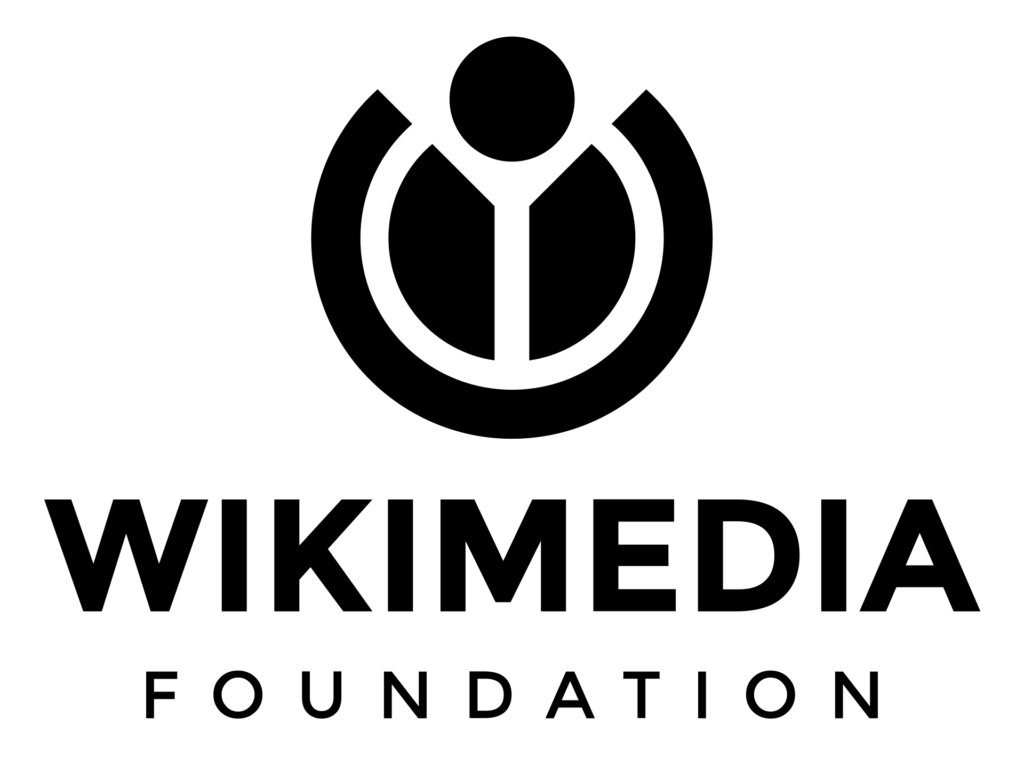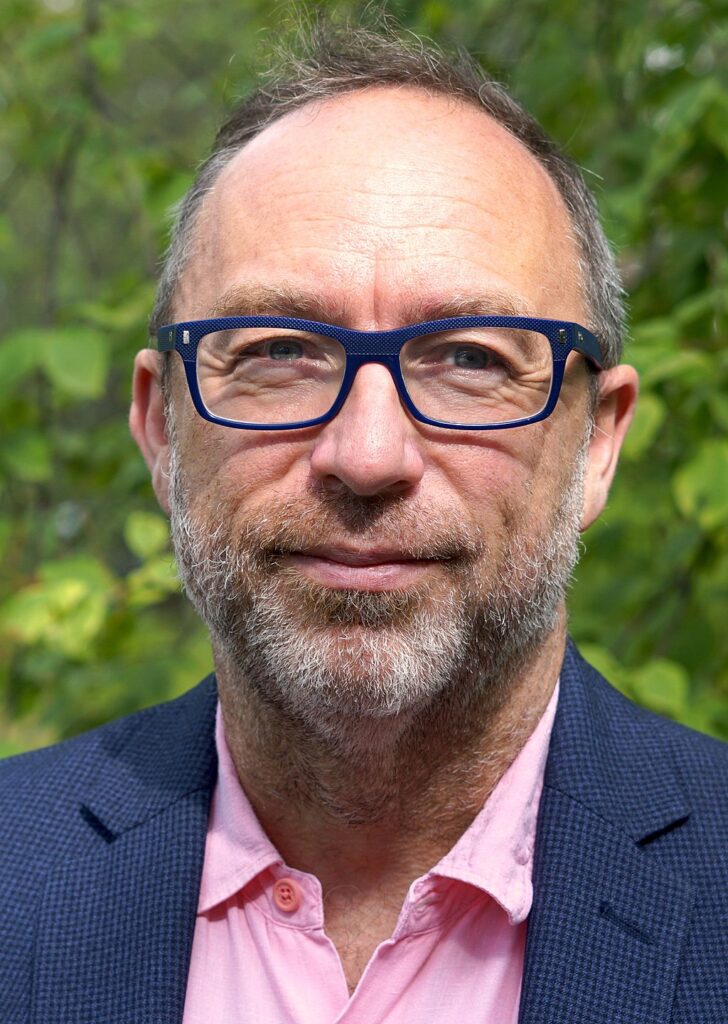Obscured for publishing blasphemous content, then made accessible again because it offers a useful service for disseminating knowledge. This is what happened within a few days to Wikipedia in Pakistan. The case was opened by the Pakistan Telecommunication Authority (PTA), which blocked access to the online encyclopaedia throughout the country because, in agreement with a Pakistani court, it hosted content that was blasphemous to Islam. Therefore, entries and phrases are considered illegal and to be removed according to the country’s authorities. Before the total block of the site, the PTA had limited access to Wikipedia, ordering the Wikimedia Foundation to remove content contrary to the state religion precisely to avoid worse developments.

“It is an attempt to deny free access to the largest repository of information to the fifth largest country by population in the world,” retorted the Wikimedia Foundation, which recalled how it is the users who determine what content is to be put, added or edited on Wikipedia.
A difficult coexistence between modernity and religion
Also creating confusion around the issue was the impossibility of knowing, at least publicly, which entries and phrases were considered contrary to Islam. However, it should be borne in mind that in Pakistan, as in many other Muslim countries, blasphemy is a crime perceived as very serious by most people (according to Al Jazeera, at least 80 people have been killed since 1990 in Pakistan on blasphemy charges, with the list including family members and lawyers of the accused). For the same reason, the Pakistani authorities have banned access to online platforms, such as the dating apps Tinder and Grindr, Facebook, TikTok and YouTube.


The latter was blacked out by the government in Islamabad from September 2012 to January 2016 after YouTube uploaded the anti-Islam film ‘Innocence of Muslims, triggering violent protests in the country’s major cities. With the return of the Google-owned platform only occurred thanks to the launch of a local version, which allowed Pakistani authorities to request the removal of material deemed offensive.
Stop the ban because Wikipedia is important
A little more than 48 hours after the block came the revocation, ordered by Prime Minister Shehbaz Sharif and announced via Twitter by Marriyum Aurangzeb, Minister for Information and Telecommunications. According to reports and documents are shown by Aurangzeb, the prime minister decided to set up a commission of three ministers to analyse the case. Resolved by virtue of the importance of Wikipedia, considered a useful platform for disseminating knowledge and information to the public. Motivations that convinced Sharif to make the digital encyclopaedia available again in Pakistan. The intention, however, is to go beyond Wikipedia and find effective solutions to balance the public interest in information and the dissemination of online content on other sites considered blasphemous or otherwise contrary to the dictates of Islam.
The initiative is also a hope for the Wikimedia Foundation so that, at least in Pakistan, it will be possible to avoid future blocks or pitfalls to the work of Wikipedia, which since its inception has had to face governments opposed to the idea of spreading (free) knowledge. In Saudi Arabia, some pages have been inaccessible forever; in China, the site has been unreachable since 2019 and in Myanmar since 2021, while since last December, Russia has created Knowledge, the home-grown alternative that should be launched within the next two months.


